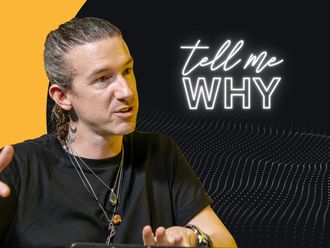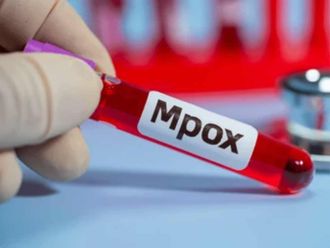
I saw a report online recently that warned against drinking coffee or tea after a meal. Can it really be that bad?
Drinking tea and coffee in moderation is not bad for your health but there is some evidence that suggests it could slow down your body’s ability to absorb minerals and iron after eating. While both these hot beverages are home to beneficial antioxidants, consumption after a meal binds the iron and other minerals in food and supplements to inhibit their absorption. In fact, drinking coffee with a meal can cut down iron absorbed by up to 80 per cent while also reducing the uptake of minerals such as zinc, magnesium and calcium. If you enjoy a hot drink following a meal, perhaps try waiting at least an hour after eating before you do so.
There are also healthy alternatives to coffee, if you habitually enjoy a warm drink after food, such as green tea. Green and herbal teas are a good source of polyphenolic compounds such as catechins, which act to increase the activity of pepsin, the digestive enzyme that aids the breakdown of dietary proteins in the stomach.
I’ve tried keto, got bored of Atkins and tired of going gluten-free. The Pioppi diet looks interesting. Is it a good idea?
As a serial diet-tester, you’ve probably already gone Mediterranean. If so, then you’ve already experienced most of what the Pioppi diet — purportedly inspired by the healthy inhabitants of the eponymous fishing village in Italy — has to offer.
Pioppi practitioners need to cleanse all added sugar and refined carbohydrates from their palate. So, goodbye rice, bread, pasta and potatoes. Natural sweeteners such as honey aren’t allowed either. Five to seven daily servings of fruit and vegetables are a must, with at least five coming from low-sugar fruit. Oily fish such as salmon and sardines should be consumed at least three times a week, with a minimum of ten eggs eaten over this period too. With this being a Mediterranean-based diet, olive oil is a staple: two to four tablespoons a day.
Unlike its mother diet, Pioppi encourages its followers to eat coconut oil. Ironically, the Pioppi people don’t actually do this. Indeed, the diet has been criticised because it’s not based on science, just observation of 200 individuals in a community.











